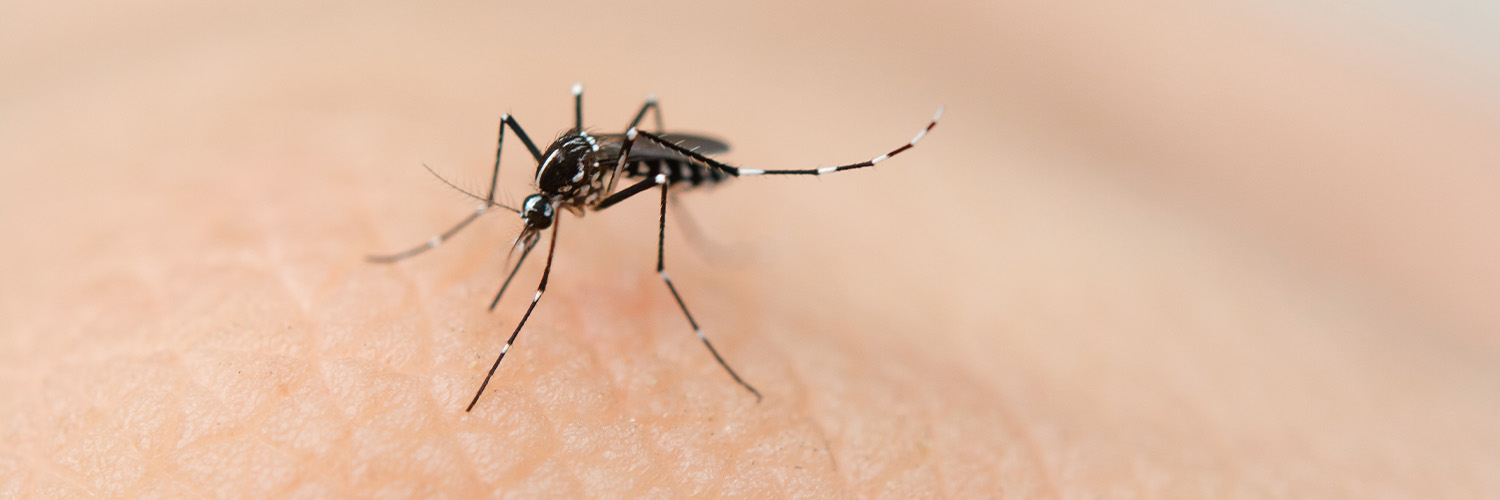The Impact of Malaria on Rural Areas of Pakistan
Malaria is a serious disease which can cause
several health complications. As it worsens, it can lead to jaundice and
anemia. Likewise, if not treated at the right time, it can result in seizures,
kidney failure, and mental health issues. In most severe cases, which is
cerebral malaria, the condition can even lead to death.
Sadly, the rural population of Pakistan faces
multiple health challenges due to its prevalence. Let us have a look at them:
Malaria in Pakistan
The majority of malaria cases in Pakistan were
reported from Sindh and Balochistan. Last year, the total number of suspected
cases in Pakistan was 3.4 million, which is higher than the 2.6 million cases
in 2021. Additionally, the number of laboratory-confirmed cases was over
170,000. Out of which, 78% of cases were from Sindh and Balochistan.
Unfortunately, two out of the five
malaria-causing parasites, Plasmodium falciparum and Plasmodium vivax,
are highly dangerous, and both of them are present in Pakistan.
The condition in Pakistan became worse after
the devastating floods that resulted in a calamity hitting 81 districts. It
affected around 33 million people and badly impacted the healthcare
infrastructure.
Malaria in Rural Communities of Pakistan
The malaria mosquitos are mostly present in
rural communities, where the majority of Pakistan’s population lives. There are
several reasons behind it. Some of them include:
Climate
The hot and warm climate of interior Sindh and
rural areas of Balochistan is conducive to malaria mosquito breeding.
Stagnant Water
Stagnant water is another cause of the spread
of the disease. After floods, large parts of the provinces were filled with
standing water, which gave rise to multiple diseases, and malaria is one of
them.
Illiteracy
People in the rural areas are mostly
uneducated. They are hesitant to take anti-malarial medicines and consider them
unnecessary, besides having wrong beliefs related to the side effects.
Myths and Beliefs
The rural population has some myths related to
the treatment of the fever, and going against the myths is considered wrong in
their culture.
Poverty
Due to financial crises, these people hardly meet their basic needs of everyday food. They cannot purchase insecticide sprays, mosquito repellents, and bed nets.
Limited Access to Healthcare Facilities
Healthcare facilities are far away from their
residents. Bearing the transportation cost and doctor’s fee is beyond their
budget. Most of the people wait for healthcare NGOs and government support for
basic healthcare services. However, only 40% of the population in Pakistan
receives treatment and preventive facilities.
Shine Humanity has always taken the initiative to help people combat this dangerous disease. Our services in rural Sindh are recognized by Dr. Zafar Mirza in the Dawn newspaper. Recently, we have also received donations of 600+ Mospel bottles, 1000 bed nets, medications, and 3000 malaria kits from the Aziz and Razia Dharamsey Family Foundation, for which we are highly grateful.

What Causes Malaria?
Malaria is caused by a mosquito bite that is
infected by tiny parasites. When the mosquito bites someone who is already
infected by malaria, it gets infected. The same mosquito then transfers the
parasites into the bloodstream of every other person it bites.
Besides this, malaria transmission may occur
due to the sharing of syringes and needles, organ transplantation, or blood
transfusion. During pregnancy or delivery, mothers can also transfer the
disease to the child.
Who is at a Greater Risk?
Depending on its severity, malaria affects
every infected person. The initial symptoms may include fever, headache,
tiredness, and nausea. Pregnant ladies, age-old individuals, and children under
five years of age have a high chance of facing more complexities. A pregnant
woman is going through changes in her immune system. Similarly, the immune
system in children and older adults is not very strong, which is why malaria
can sometimes become complex and lead to coma, anemia, or even death.
Reducing Malaria Prevalence
The current situation in Pakistan is alarming.
If preventive measures are not taken, the number of cases will increase in the
coming months. Besides malaria, other diseases like COVID-19, measles, HIV, and
polio also need to be addressed.
We need to create strategies and plans for
spreading awareness and controlling the dangerous disease. Here are a few steps
that we can take:
Educating Mothers and Children
Mothers, who are mostly not educated, need to
be aware of the consequences of the illness. We can arrange camps to educate
these mothers, including the pregnant ladies. It will help them protect
themselves as well as their other family members. Our education system should
also look into it and include topics related to the awareness of these diseases
from the primary level.
Availability of Testing Facility
In most cases, patients are not diagnosed due
to the lack of testing facilities in their areas. The availability of such
facilities will assist the healthcare providers in proper diagnosis that can
lead to the right treatment plan.
Availability of Medications
When so many people get infected at the same
time, there is often a shortage of medications. People in rural areas cannot
travel to the main city in search of medicines and basic treatment. The
government and NGOs should take steps to ensure that patients get medications
with ease.
Availability of Preventive Tools
Apart from helping those who have caught the
disease, we should also take action to safeguard others. People living in areas
where malaria is prevalent have a high chance of getting the disease. We can
arrange nets, mosquito repellents, and sprays to safeguard them.
At a greater level, we should also try to
increase surveillance for this disease. It will help us know the high-risk
areas and identify the changing patterns.
Final Words
Malaria is undoubtedly a dangerous disease.
Unfortunately, the rural areas of Pakistan have the most malaria cases. Hot
climate, no use of preventive measures, and stagnant water have given rise to
mosquito breeding, due to which more and more people are becoming
infected.
However, with proper measures for prevention, the transmission of malaria can be controlled. Help Shine Humanity in this cause. Donate now and play your part in making Pakistan a malaria-free country.
